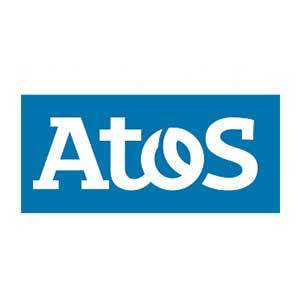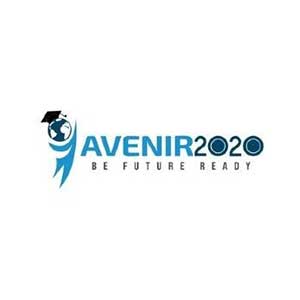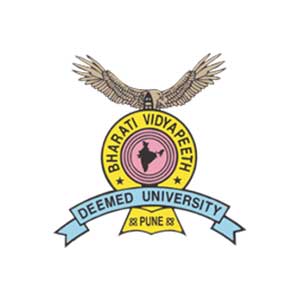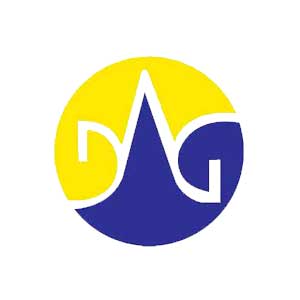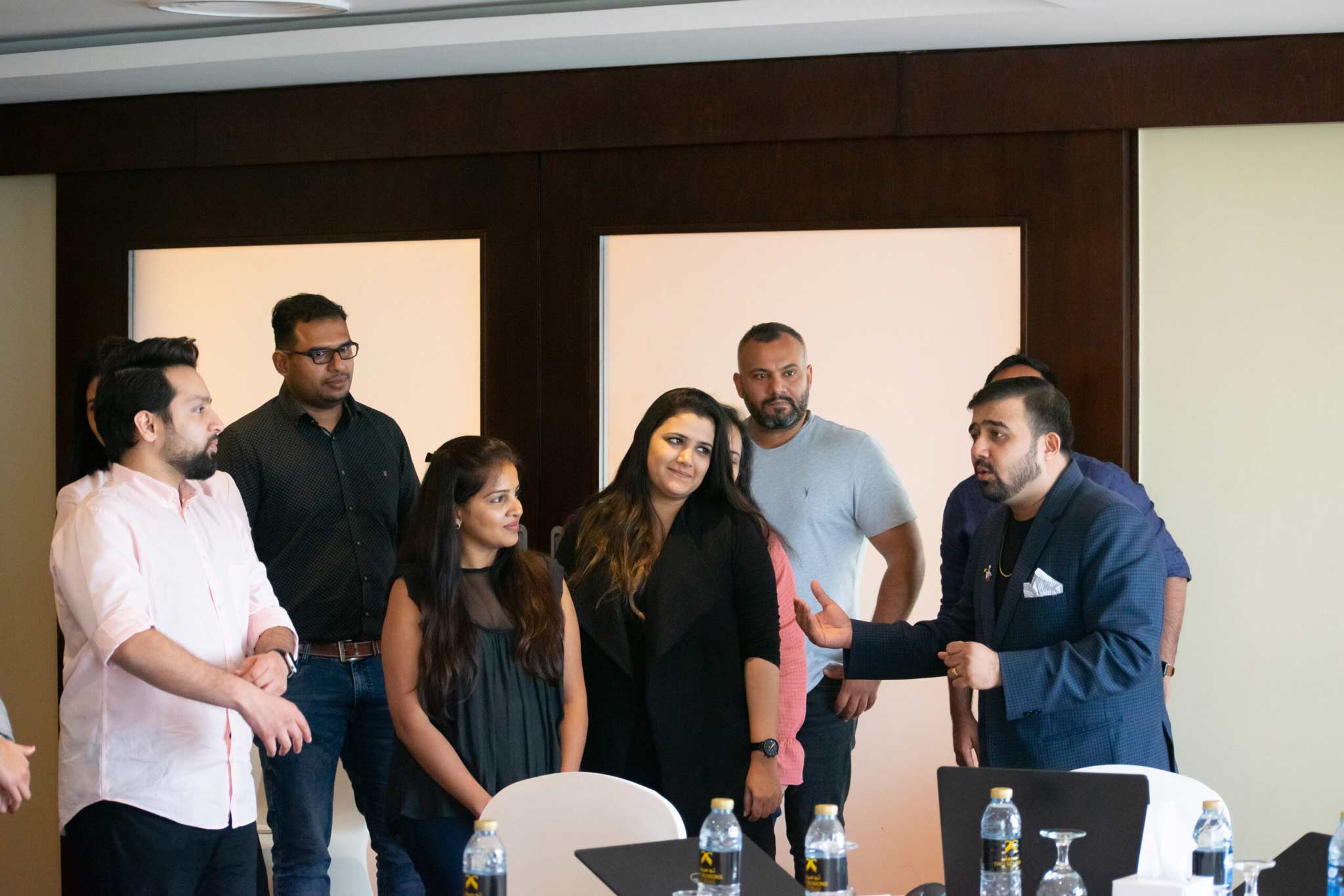
Best Soft Skills Training Courses in Dubai
The goal of soft skills training is to help employees improve their non-technical or interpersonal skills. Soft skills are an umbrella term for a variety of aptitudes necessary for success in any profession, including teamwork, communication, problem-solving, adaptability, time management, leadership, emotional intelligence, and more.
In order to perform better in their professions, collaborate more effectively with colleagues, and contribute more to their businesses, soft skills training programmes assist employees build and improve these skills. Several delivery modalities, including as workshops, coaching, and mentoring, as well as traditional classroom instruction, can be used to deliver this training.
An evaluation of the employees’ present skill levels is usually the first step in the soft skill training process in order to pinpoint potential development areas. A personalised soft skill training programme is developed for each person or team based on the findings. To ensure that participants comprehend and can use the skills being taught, the plan might combine classroom instruction, role-playing activities, case studies, interactive activities, and simulations.
Together with coaching and mentoring to promote their skill development, soft skills training can also involve giving employees feedback on their performance. This can entail establishing objectives and offering continuing support and direction to assist staff in achieving them.
Dr Ameya Ghanekar has delivered thousands of hours of Experiential Learning and Development Solutions. Most of his learning and development interventions are tailor-made and are delivered organization-wide. His strength is in providing tailor-made, professional, premium quality, holistic learning and development Interventions based on the specific needs of the client along with his diagnostic approach. He strongly believes that Experiential Learning is an active process which engages the learner, not a passive process that happens to a learner.
In experiential learning, the experience provides the platform for learning, whilst the Careful analysis and Reflection of the experience develops the learning. Individuals are encouraged to work things out for themselves, they are guided to and through their learning rather than being taught. The learning, Individuals Develop, is appropriate for them. The commitment developed by the learner to make the best use of their learning; they are central to the learning process; it is their learning.












